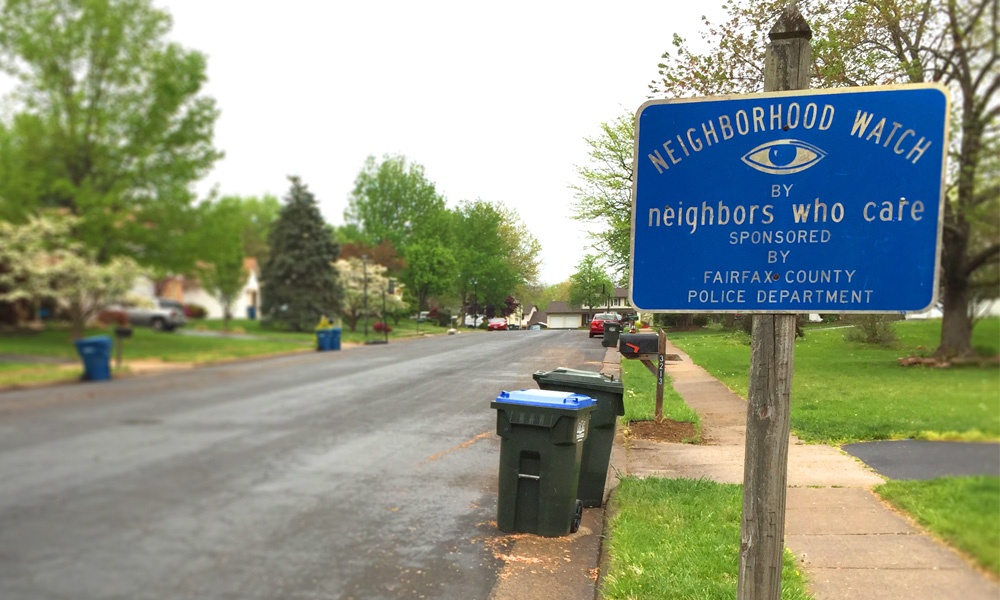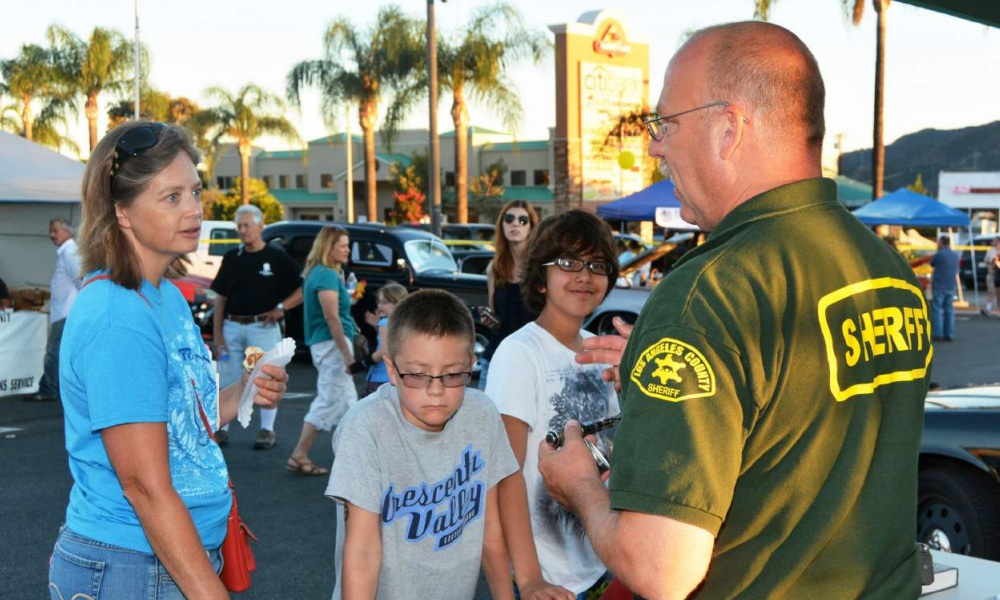Community policing

What is community policing
“Community policing is a philosophy that promotes organizational strategies that support the systematic use of partnerships and problem-solving techniques to proactively address the immediate conditions that give rise to public safety issues such as crime, social disorder, and fear of crime.”
Community Policing Defined Report from Community Oriented Policing Services (COPS) from the US Department of Justice
History of community policing
The concept of community policing has be around for a long time and in the US it can be traced as far back as the 19th century. The primary purpose for its inception was to have police engaging with communities to build strong relationships between its members and law enforcement. One of the earliest and major tactics of community policing involved officers going on foot patrols through the neighborhoods they serve. In today’s modern era, this has evolved to departments incorporating social media and/or community engagement systems to share relevant local information with residents. It has been an integral strategy for cities who have looked to combat violence, drugs and other criminal activities.
Did you know?
- Only 17% of US residents age 16 and up have had a face-to-face interaction with a police officer
- Only 40% of property crimes and 47% of violent crimes are reported to police
“Applying community policing techniques backed by the principles of ethical policing will produce a notable correlation between the collaborative relationship that will be fostered and a palatable decline in crime.”
Community policing strategies
According to strategies for community policing, common implementations of community policing include:
- Relying on community-based crime prevention by utilizing civilian education, neighborhood watch, and a variety of other techniques, as opposed to relying solely on police patrols.
- Re-structuralizing of patrol from an emergency response based system to emphasizing proactive techniques such as foot patrol.
- Increased officer accountability to civilians they are supposed to serve.
- Decentralizing the police authority, allowing more discretion amongst lower-ranking officers, and more initiative expected from them.

Community policing analysis
A 2014 study published in the Journal of Experimental Criminology, “Community-Oriented Policing to Reduce Crime, Disorder and Fear and Increase Satisfaction and Legitimacy among Citizens: A Systematic Review,” systematically reviewed and synthesized the existing research on community-oriented policing to identify its effects on crime, disorder, fear, citizen satisfaction, and police legitimacy.
The study found:
- Community-policing strategies reduce individuals’ perception of disorderly conduct and increase citizen satisfaction.
- In studying 65 independent assessments that measured outcomes before and after community-oriented policing strategies were introduced, they found 27 instances where community-oriented policing was associated with 5% to 10% greater odds of reduced crime.
- 16 of the 65 comparisons showed community-oriented policing was associated with a 24% increase in the odds of citizens perceiving improvements in disorderly conduct.
- 23 comparisons measured citizen satisfaction with police, and found that community-oriented programs were effective almost 80% of the cases, and citizens were almost 40% more likely to be satisfied with the work of the police.
Although this study was not definitive, it provides important evidence for the benefits of community policing for improving perceptions of the police. The overall findings are ambiguous, and show there is a need to explicate and test a logic model that explains how short-term benefits of community policing, like improved citizen satisfaction, relate to longer-term crime prevention effects, and to identify the policing strategies that benefit most from community participation.
Related resources
Community policing plays large role in finding missing children

Finding missing children has unfortunately been an issue for a long time. It is an issue that every police department…
What is community policing?

Community policing is a law enforcement strategy that has been around since the early 80’s in the United States. Most…
Community policing through community engagement

As a law enforcement agency, your ability to connect with and engage the community is essential to it’s health and harmony…
Community policing: Lower the crime rate In your jurisdiction

One of the most common benchmarks that law enforcement agencies and the media leverage to gauge the effectiveness of a jurisdiction’s…
Community policing vs. broken windows: What’s the difference?

The early 1980’s saw the rise of two functionally different, but conceptually related policing theories: broken windows and community policing…
Community policing: How to get your officers invested in the change

Community policing has been around long enough now that most everyone in the law enforcement world has at one time or…
